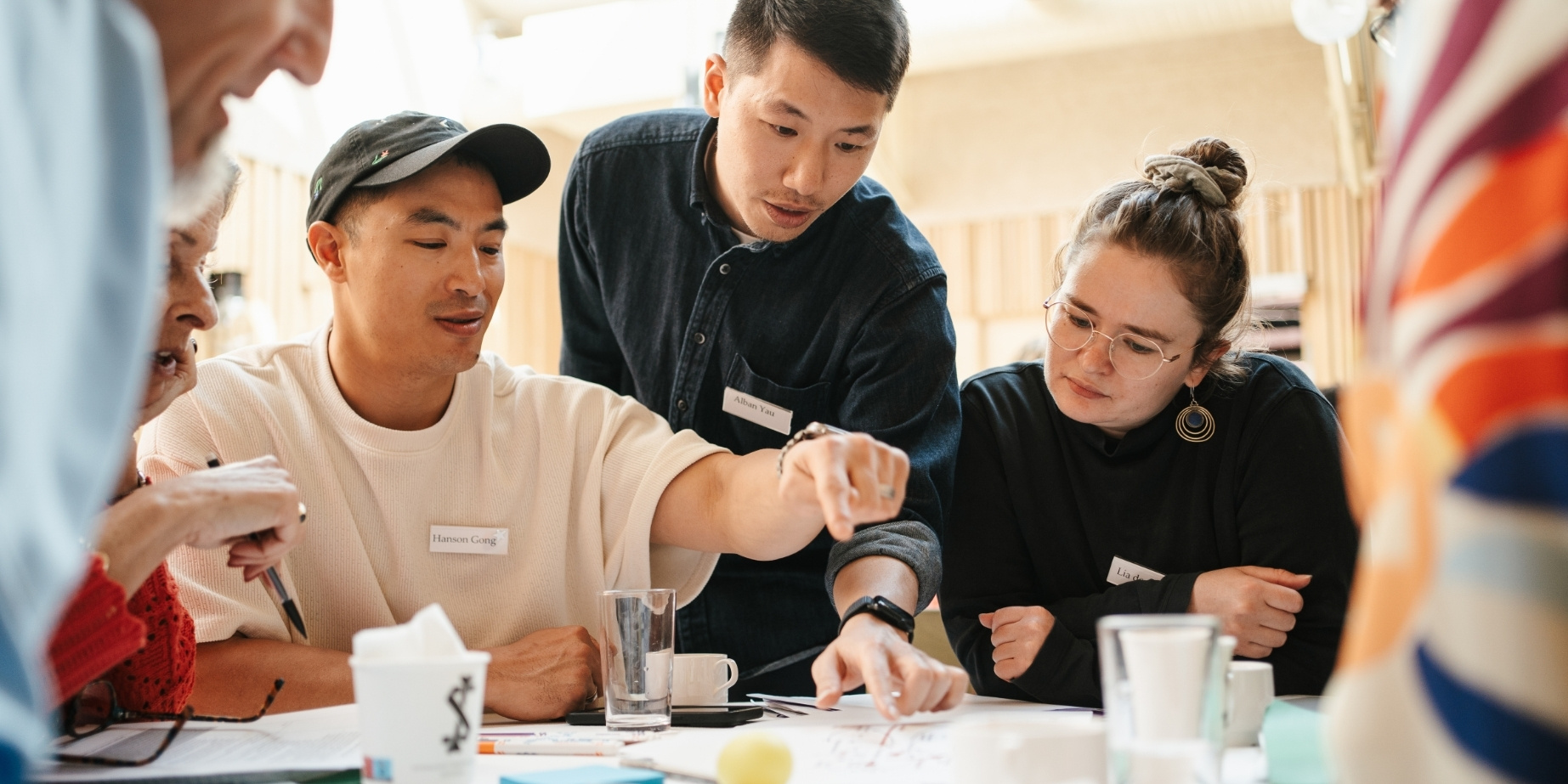Research Insight: Meet the three organizations leading the future of systemic investing

It is increasingly clear that conventional approaches to investing cannot fully address today’s most pressing ecological and social issues. Systemic investing is an emerging approach to capital deployment at the nexus of impact investing, philanthropy, and sustainable finance.
The growing community engaged in systemic investing believes that we must face humanity’s most pressing challenges collaboratively and holistically. This mindset recognizes that issues cannot be addressed in isolation, due to the deeply interconnected nature of the systems that generate them. Systemic investing seeks to better understand the complexity of these systems and to create value through portfolios of synergistic investments, in coordination with other investors and stakeholders.
Here are some of the organizations that have shifted their approach to capital deployment.
1. Tara Health Foundation
Established in 2014, the foundation combines multiple investments and philanthropic disbursements to better serve people at the intersection of race and gender.

Tara Health exemplifies the systemic investing journey, starting out with scoping the problem space, zeroing in on transformation in reproductive health access as it’s problem issue and the U.S. as the geographic location of focus. It then pursued the key activity of undertaking to understand the system. This included identifying the political, social, and philanthropic barriers artificially obstructing capital flow to reproductive health services and research and a fragmented health care system perpetuating disparities in maternal and reproductive health care outcomes. Tara Health committed 100% of its assets to organizations and leaders working at the intersection of race and gender, transferring power and resources to those most affected by and equipped to address these systemic issues.
2. The Good Investors
A collective of families with a mission to transform essential systems such as food, water, energy, and biodiversity through systemic investing.

The Good Investors leverages strategic partnerships and systemic perspectives to achieve this financial performance while addressing complex global challenges. It scoped out the problem space by zeroing in on a focus to drive sustainable transformation in the global food system. It took steps toward understanding the systems involved by identifying the dominance of industrial agriculture, with its reliance on unsustainable use of resources. TGI succeeded in its philanthropic commitment to support research and field-building, commissioning energy and biodiversity system maps. It also made steps to develop a community that better reflects society’s constituents.
3. CO_
A systemic investing collective that aligns capital and collaborative action with transformative change as it expands its mission beyond Mexico and Latin America to global efforts.

The CO_Systemic model integrates research, collaboration, investing, learning, mindshift, and orchestration. It functions through three organs that collectively execute its systemic investing model: Systems research, and ecosystem building and collaboration. CO_ scoped the problem space by making it its goal to strengthen alternative food systems that restore soil health, and give people access to safe and nutritious food whilst maintaining the biodiversity of natural ecosystems. It took steps to understand the system by uncovering a food system model that drives inequity, biodiversity loss, and poverty, favoring large scale, subsidized monoculture with low nutritional value. It addresses these systems through the creation of three organs: Systems research, and collaboration through their NGO arm CO_Plataforma; CO_360, an investment advisory supporting other foundations and family offices in integrating systemic investing frameworks into their practice; and CO_Capital, focusing on direct investments in early growth companies.
Leading the way forward

Systemic investing can make global systems change a reality, allowing organizations, but also individual wealth holders and family offices to make inroads — locally, nationally, and globally as they wish. Systemic investing can move forward research and development, innovation, entrepreneurship, international development, community finance, and climate adaptation — sectors where collaboration can drive transformative impact. Those who would like to learn more can do so at CSP’s Investing for Systems Change program. (PDF, 24 MB)